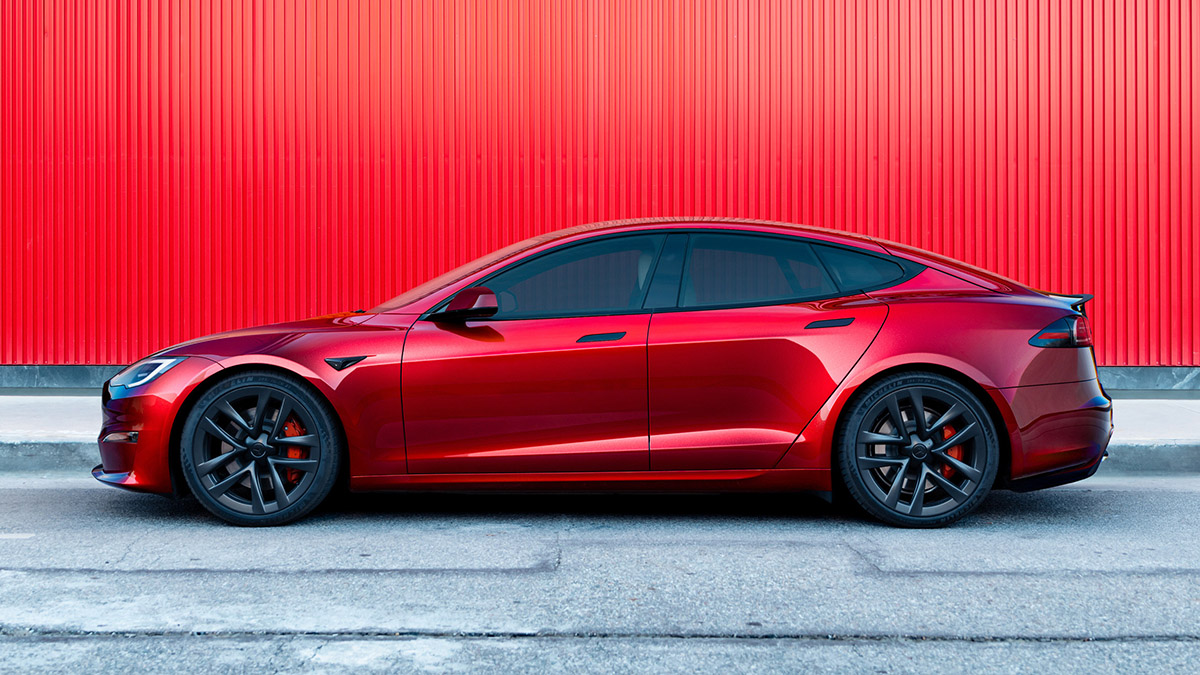
The new batteries will come with an extended warranty. But the replacement parts to fix every Bolt on the road are not yet available. Parent company General Motors has issued safety instructions for Bolt EV and Bolt EUV owners while they wait for a replacement.
The Background
The Bolt is a small electric hatchback introduced for the 2017 model year and refreshed with new styling and improved cabin tech for the 2022 model year. The larger Bolt EUV is all-new for 2022. It shares most of its parts with the smaller Bolt but adds more room for rear-seat passengers (though slightly less cargo space).
The Bolt brothers are the first mainstream electric vehicles (EVs) in General Motors’ plan to sell a mostly electric lineup by 2035. But they’re not the basis of it. The company has developed an EV platform it calls Ultium that uses a different battery system with different chemistry from what powers the Bolts.
An Escalating Series of Recalls
Chevrolet first recalled some Bolts last November, over reports that the vehicles were prone to battery fires when holding close to a full charge. The company had received reports of at least 12 fires that might have begun in Bolt batteries. The recall applied to all 2017-18 Bolts and some 2019 Bolts equipped with batteries produced at LG Chem’s plant in Ochang, South Korea.
Initially, Chevrolet dealers installed software meant to cap the battery’s charge at 90%. It later called the same vehicles back for a more permanent fix. At that point, dealers inspected Bolt batteries, looked for signs of a defect, and replaced the battery cells deemed at most risk. A Bolt battery module consists of five cells. Dealers also installed new battery monitoring software meant to flag any unusual battery behavior.
In July, Chevrolet and the National Highway Traffic Safety Administration (NHTSA) reported at least two fires in cars that had received both repairs. As a result, the company decided to replace battery modules in all 2017-2019 Bolts.
This new announcement expands that battery replacement campaign to include 2019-2022 models.
The recall includes vehicles not yet sold. GM had already stopped production of the Bolt and Bolt EUV over a worldwide microchip shortage, so all new battery modules produced will go toward repairing existing cars.
Safety Instructions for Owners
New battery modules aren’t yet available for every Bolt and Bolt EUV. Chevrolet will contact owners as replacement battery modules reach dealerships for the repair. In the meantime, Chevy is asking Bolt owners to follow several important safety instructions:
- Set their vehicle to a 90% state of charge limitation using Target Charge Level mode. Instructions on how to do this are available on chevy.com/boltevrecall. If customers are unable to successfully make these changes, or do not feel comfortable making these changes, GM is asking them to visit their dealer to have these adjustments completed.
- Charge their vehicle more frequently and avoid depleting their battery below approximately 70 miles (113 kilometers) of remaining range, where possible.
- Park their vehicles outside immediately after charging and not leave vehicles charging indoors overnight.
Reports of Buybacks
In May, reports emerged that GM had bought back Bolts from some owners. Users in online forums on both Reddit and ChevyBolt.org (an enthusiast site not operated by GM) claimed that GM had purchased their cars back for their entire initial purchase price.
Contacted for comment, a GM spokesperson told us the company was “handling buybacks on an individual basis” and would have no further information to share. It’s not clear what triggers the decision to buy back a car. Differing state lemon laws may explain why only some owners have received a buyback offer.







